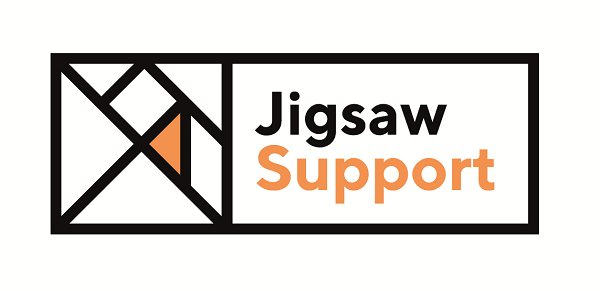The Coronavirus crisis has put more people at risk of homelessness especially young people, people fleeing domestic abuse or people losing their jobs.
As part of the National Housing Federation’s Homes at the Heart campaign on settled futures, this week we look at how we are helping the most vulnerable in our communities and supporting people in keeping and finding homes and employment – even during a pandemic.
Before this crisis, our Jigsaw Support services were already working hard to help support people who were identified as needing help with finding and keeping a home. Some needed temporary accommodation, for example as result of fleeing domestic abuse, or losing their jobs and some needed help getting back into employment.
Since lockdown began in March, we have worked with the local authority to help rehouse people who otherwise would have been sleeping rough or sofa surfing. We have rehoused 82 homeless families to-date through statutory homeless provision.
Through the award-winning Greater Manchester Housing First programme, we have already rehoused more than 77 women offenders, with zero re-offending rates.
And as the lead housing provider for the Motiv8 social inclusion programme, which received a further £4.3m of funding in August, we have helped more than 3,650 people aged 25 and over across Greater Manchester get back into work or training.
But we need continued investment in preventing homelessness with more social housing, initiatives to help people find and keep jobs and supported housing.
We want to give people a settled future by
- Supporting those already homeless or at risk of becoming homeless (prevention)
- Highlighting the value of move on accommodation for those in temporary accommodation
- Initiatives to help people find and keep jobs and tenancy sustainment
In the longer term, our ambition is to end homelessness in all its forms. This can only be achieved by building more social homes. To meet current levels of housing need, England needs to see 90,000 social rent homes built every year until 2031, to help those on the lowest incomes who struggle to find suitable accommodation in the private sector.


